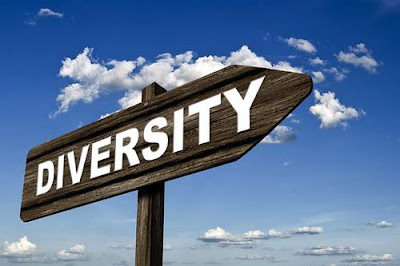 Pope Francis certainly has received a lot of attention from the mainstream news media in the U.S. this year. As you have undoubtedly heard, he was selected by Time as their person of the year. Even those of us who think that there were better choices for this honor generally agree that the Pope has had a great impact so far (at least in the sense that he has generated considerable media buzz). Moreover, there is little question that some of the places where his views appear to diverge from that of his predecessor are being viewed favorably by many people. Whether he will have a significant impact beyond the hype is yet to be determined.
Pope Francis certainly has received a lot of attention from the mainstream news media in the U.S. this year. As you have undoubtedly heard, he was selected by Time as their person of the year. Even those of us who think that there were better choices for this honor generally agree that the Pope has had a great impact so far (at least in the sense that he has generated considerable media buzz). Moreover, there is little question that some of the places where his views appear to diverge from that of his predecessor are being viewed favorably by many people. Whether he will have a significant impact beyond the hype is yet to be determined.In the first Christmas address since taking the helm of the Catholic Church, Pope Francis called on atheists to join with religious believers to work toward global peace. Not surprisingly, the mention of atheists in this address has been receiving considerable attention around the atheist blogosphere. Is he serious? Does he really value our inclusion, or is this just an effort to mute our criticism or convert us? I think it would be fair to characterize the reaction of most atheists as hopeful but skeptical.
Global peace is a worthwhile goal, and I am perfectly willing to work with religious believers as an equal partner in pursuing it. I realize that not all atheists agree with this position, but I am willing to work alongside religious believers as equal partners on all sorts of shared goals. If the Pope is sincere in his apparent desire to work with us in this way - and I will admit to being highly skeptical of this - then this could be a positive step.












